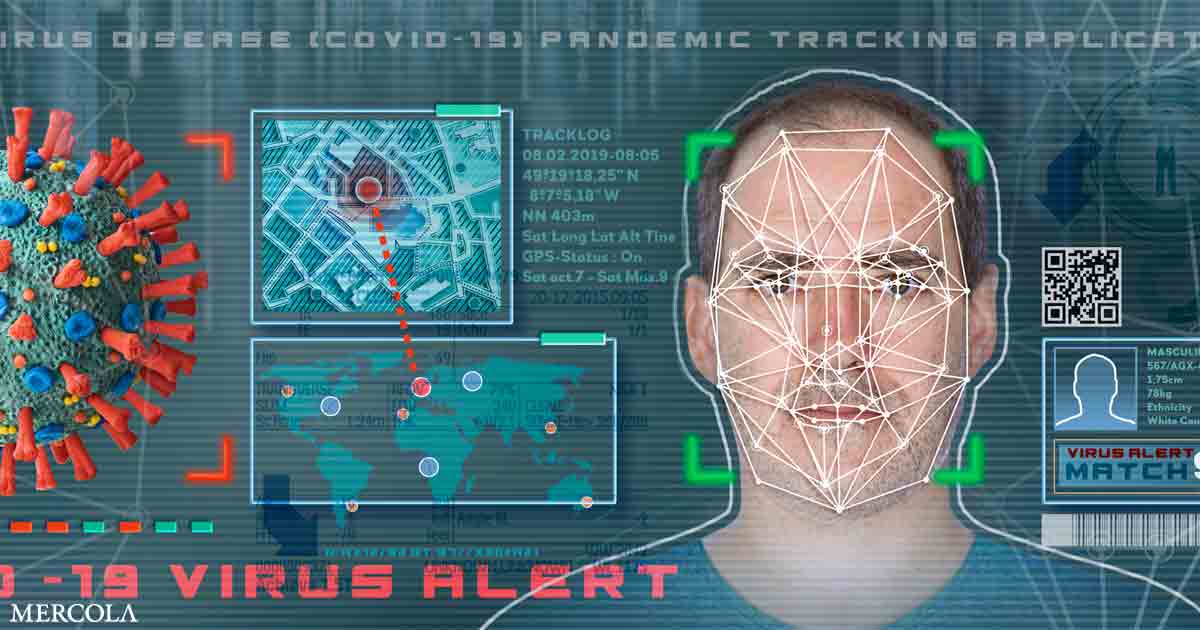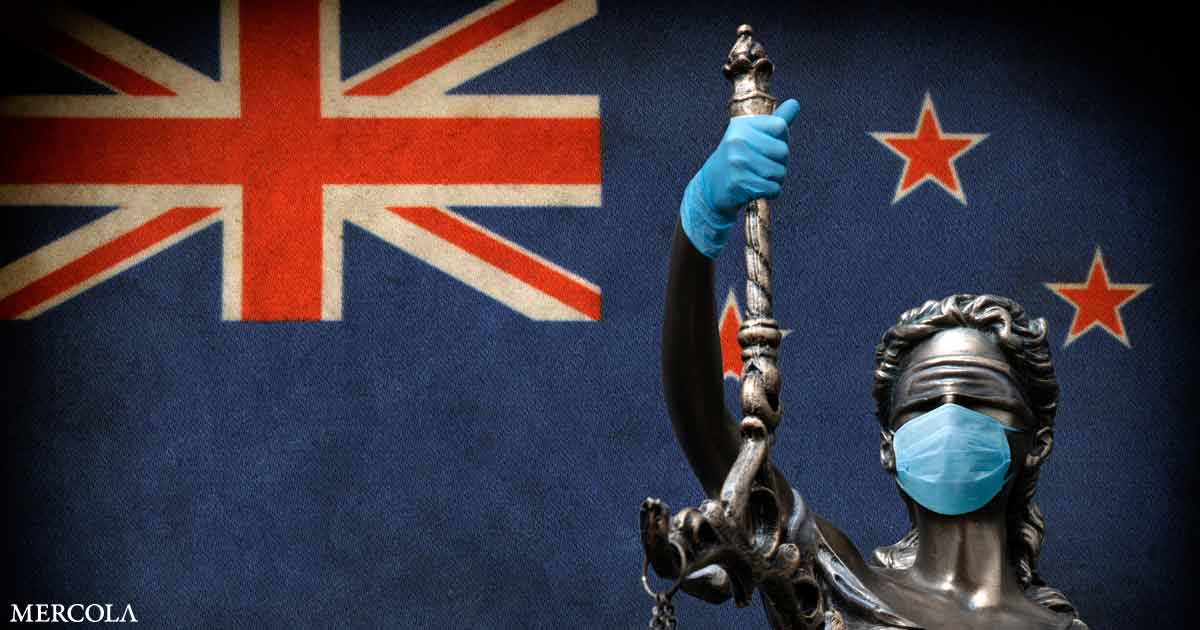
[ad_1]
[MUSIC PLAYING]
JOHN WHYTE: Hi, everyone.
I’m Dr. John Whyte, Chief
Medical Officer of WebMD.
For the past few months,
I’ve been talking to experts
about COVID-19
and the effects
of the pandemic as part
of our daily news
show, called Coronavirus
in Context.
How can we stay safe
during the COVID-19 pandemic?
Wash hands, wear masks,
clean surfaces, stay six feet
apart.
That’s all true.
But it’s only focusing
on our physical health.
We need to take care
of ourselves
mentally and emotionally
as well.
Arianna Huffington talked
about the fear of uncertainty
and how that causes us to double
down on our bad habits.
We’re seeing alcohol sales
and smoking rates skyrocket.
We’re eating unhealthy foods
and experiencing
coronavirus insomnia.
Her secret to mental resilience
is microsteps–
tiny daily incremental steps
that end up
with healthy behavior.
What are some
of these microsteps?
ARIANNA HUFFINGTON: So let me
give you– we have over 1,000.
JOHN WHYTE: OK.
ARIANNA HUFFINGTON: But I’ll
give you my favorites when it
comes to mental health.
JOHN WHYTE: Sure.
ARIANNA HUFFINGTON:
The first one is, establish
a cutoff every day
when you stop consuming
coronavirus news.
JOHN WHYTE: [LAUGHS] Yes.
ARIANNA HUFFINGTON: I totally
get it–
that we want to be informed.
But consuming coronavirus news,
some of which
is tragic and heartbreaking–
JOHN WHYTE: Yes.
ARIANNA HUFFINGTON: –just
before you go to bed
is going to make it harder
for you to sleep, harder for you
to go back to sleep if you wake
up in the middle of the night.
And sleep
is foundational to our immunity
and to our mental health.
JOHN WHYTE: That’s right.
ARIANNA HUFFINGTON: And let me
give you another small one.
JOHN WHYTE: Mm-hmm.
ARIANNA HUFFINGTON: Before you
go to sleep, before you turn off
the lights, take your phone
and charge it
outside your bedroom.
JOHN WHYTE: Yeah.
ARIANNA HUFFINGTON: Over
70% of the world wakes up,
and before they’re fully awake,
goes to their phone.
JOHN WHYTE: Yeah.
ARIANNA HUFFINGTON: And you
don’t know what’s there.
It can be something–
JOHN WHYTE: Right.
ARIANNA HUFFINGTON: –really
stressful.
So another microstep is take–
take one minute–
60 seconds– to focus
consciously on your breath,
to set your intention
for the day, to remember what
you are grateful for, whatever
you want.
JOHN WHYTE: Sure.
ARIANNA HUFFINGTON: But you have
one minute to almost, like,
put your arm around, prepare
yourself for what the day
brings, because we don’t know
what the day is going to bring.
JOHN WHYTE: That’s right.
ARIANNA HUFFINGTON: And can I
mention one other?
JOHN WHYTE: Sure.
ARIANNA HUFFINGTON: Any time you
are washing your hands,
remember three things you are
grateful for.
JOHN WHYTE: Oh.
ARIANNA HUFFINGTON: Gratitude
changes the neural pathways
of the brain.
JOHN WHYTE: Yeah.
Tim Tebow shared this reminder–
that, let’s not let moments
of adversity define us.
I asked him, how do we stay
positive, recognizing that this
is not a year any of us
expected?
You have a lecturer where you
talk about, this year may not
be the year you expected.
And that was done prior
to this year.
So clearly, this is not a year
that most people expected.
How do you stay positive
during these times?
TIM TEBOW: Yeah.
That’s a really good question,
John.
You know, thanks for asking.
I think it’s important.
I think– I think faith, hope,
and love, I think encouragement
right now,
I think having real passion
and purpose for things
are all things that I think
our society needs
and, honestly, the world needs
right now.
And for me, I think how I would
want to encourage
all the listeners is to say
that this might be a setback
and it might be a knock down
and it might be a hurdle
and it might be
disappointing for you,
but in every one of those ways,
it’s an opportunity for you
to learn, for you to grow,
for you to adapt,
and for you to be better.
And as the story goes,
in the mid-1600s,
in a pandemic like this,
Isaac Newton came up
with gravitational theory.
JOHN WHYTE: I did not know that.
TIM TEBOW: And he didn’t, you
know, wait around, saying,
there’s nothing I can do right
now.
It was an opportunity where you
can have purpose, passion,
and meaning.
Right?
You might not be able to do what
you want to do, but it doesn’t
mean that you can’t do anything.
Right?
So I want to encourage people
that you might not
be able to travel the world
right now, but you can help
your neighbor.
You can find something
that you’re passionate about.
And you can work on it.
You can build it.
You can make a difference.
You can do something.
JOHN WHYTE: So now we have
a new normal.
And that’s going to take time
to adjust to.
Doctors Lieberman and Mayer
from the Department
of Psychiatry at Columbia
explained that if you’re having
a hard time adjusting,
reach out to family and friends.
Talk to your doctor.
Seek help.
I wanted to ask both of you,
what tips would you give people
or caregivers to recognize when
someone needs help?
That’s not always that easy
for some folks.
They think they’re doing OK,
or they think everyone else is
in the same place.
LAUREL MAYER: I think, if you
have the question,
do I need help, reach out.
Just having that question says,
maybe you do.
So ask.
JEFFREY LIEBERMAN: I think
that everybody benefits from it.
When you say, needs help,
you know, we’re running
a marathon, and the problem is
that we can’t pace ourselves,
because we don’t know
if the marathon is going to be
a half marathon
or a full marathon
or an Ironman marathon.
And everybody, as Laurel said,
needs help.
To be COVID safe,
we have to be together safe,
because we’re not going to be
able to do it alone,
because everything is
interdependent.
JOHN WHYTE: So where should
people go for help?
JEFFREY LIEBERMAN: Well, people
should be able to access
mental health through the health
care system that’s available.
So if you have a primary care
doctor, you can start
with that person.
Say, look, I really need to see
a psychiatrist or psychologist.
Is there somebody you could
refer me to?
In the absence of that,
you look on the website
of the local, particularly
academic, medical centers.
And they should have means
to call a hotline to first get
screened and then referred.
Reach out to friends,
and communicate with friends,
because that ability to connect
with individuals, particularly
those that are able to be
supportive to you,
can be helpful in and of itself.
But, as Laurel said, don’t wait.
Don’t hesitate.
Err on the side of reaching out
rather than waiting until you
think, it gets so bad,
I have to reach out.
JOHN WHYTE: Our goal at WebMD
is to provide you the best
information
and help you manage
your physical, emotional, and
mental health.
I appreciate you taking the time
to watch.
And I look forward
to your feedback.
[ad_2]
Source link








